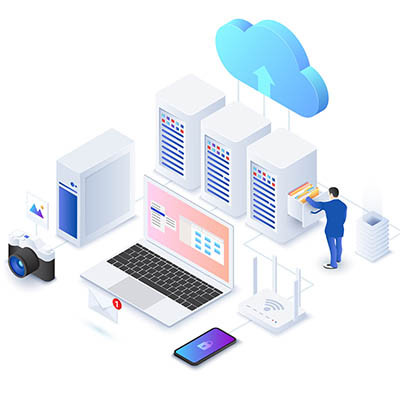Pileus Technologies: Blog

We’re Looking at a Cloud-Hosted Future
The cloud has been a good resource for business for quite a while. Just how good? Currently, nine-out-of-ten businesses operate with some type of cloud-hosted solution. In fact, by the figures, we’re definitely looking at a cloud-hosted future. We thought it would be interesting to take a look at some of the cloud computing stats and trends to paint a picture of just how the cloud has grown up.
Cloud for Business
For the longest time there was a misconception out there that the cloud would never work for business. Many hardware manufacturers wrote it off as a niche technology suggesting it wasn’t secure or reliable enough. While it is laughable now, people listened, and for years businesses were reluctant to use cloud technology for anything but email.
At the same time companies were using AWS (Amazon Web Services) to make huge jumps. Now cloud technology, whether hosted on a data center in some other location or hosted onsite, is one of the most utilized and popular technologies in contemporary times. In fact, the global cloud computing market is expected to exceed $620 billion by the end of 2023.
The Types of Cloud Computing
There is some confusion out there about how businesses utilize cloud computing, but really there are only three ways the cloud is set up. They are:
- Public cloud – When a business takes advantage of a public cloud, they’re using services provided over a publicly-accessible network, usually by an external third-party vendor. Public clouds are particularly useful for start-ups or smaller business ventures, as they are often affordable and readily accessible. This also means that the responsibility of a self-hosted cloud isn’t placed on your business’ shoulders; however, there’s a notable lack of control provided by the public cloud.
- Private cloud – In direct contrast to the public cloud, the private cloud is generally hosted in-house on a private network. This allows for greater data security through the use of security-augmenting devices and applications.
- Hybrid cloud – A hybrid cloud solution is like the middle ground between both public and private clouds. An example of a hybrid cloud is one that allows your business to host confidential corporate data on-premises in a private cloud, while taking advantage of a public cloud for the rollout of mission-critical applications (i.e. Software-as-a-Service).
These are really the only deployments there are, but with a hybrid setup, it adds in many more variables such as a control layer and how storage is used between cloud solutions. Either way, many businesses use the cloud today for their core operations. Let’s take a look at some of the most popular cloud options:
- Line of Business – Many businesses have chosen to host their line of business software in the cloud. While they lose control over the management of the software, they do pick up some serious benefits including anywhere/anytime access to the software with an Internet connection and cost stabilization provided by the hosted environment.
- Productivity – Today there are numerous software titles developed just for productivity. Titles like Microsoft 365 and Google Workspace are two of the most utilized cloud productivity options. They provide the software needed to be productive with integrations designed to enhance collaboration.
- Communication – Technologies like Hosted VoIP are revolutionizing business communications, providing businesses with the telephone system and conferencing features they need to connect remote and in-house teams, alike.
- Security – Today, there are many network security tools available through the cloud. Not only does this reduce the management costs a business is responsible for, it also ensures that, since it is delivered as a service, it gets the coverage it needs to keep their business secure.
For modern business, the cloud is an indispensable tool that can help reduce organizational computing costs by up to 40 percent. If you would like to learn more about how the cloud can help your business succeed, give us a call today at (316) 350-7101.





